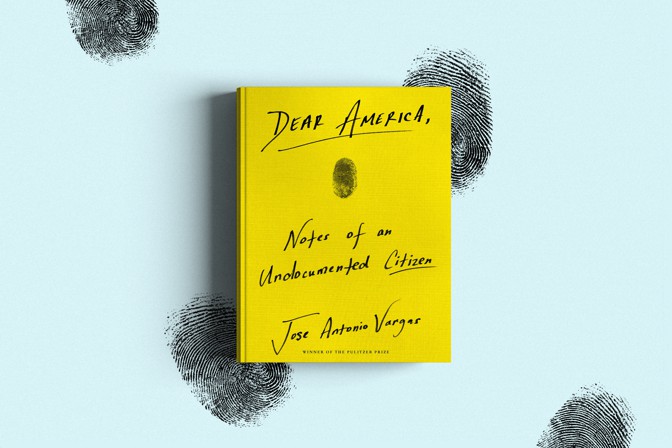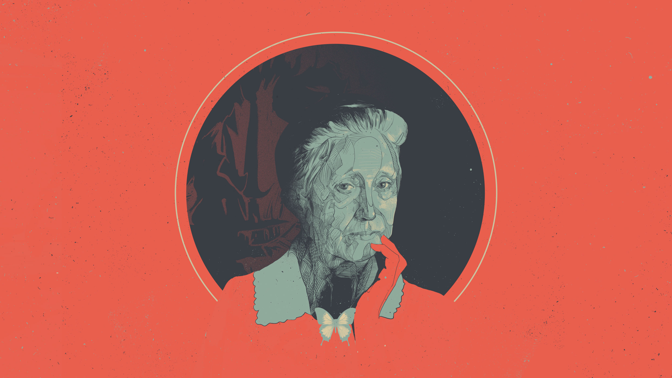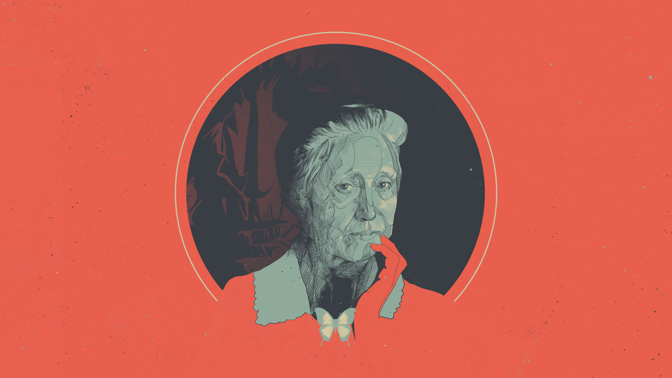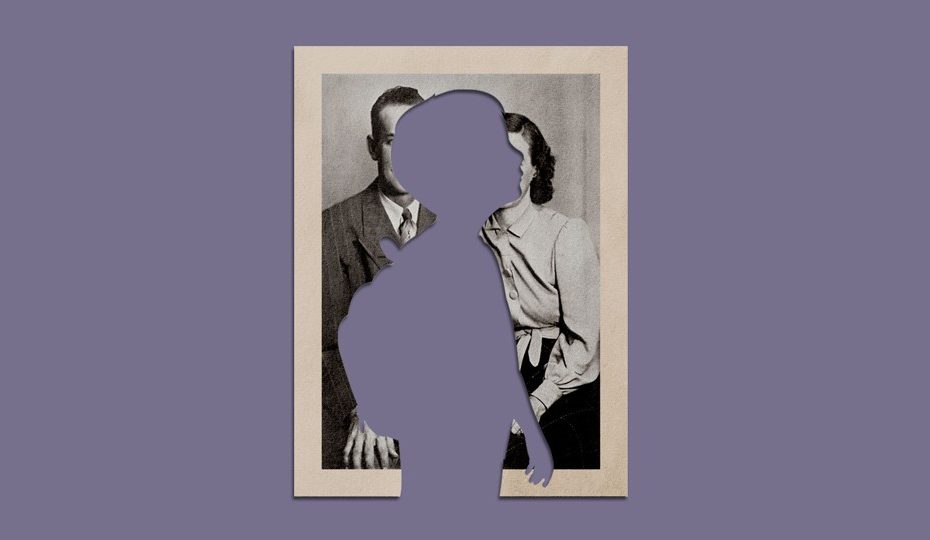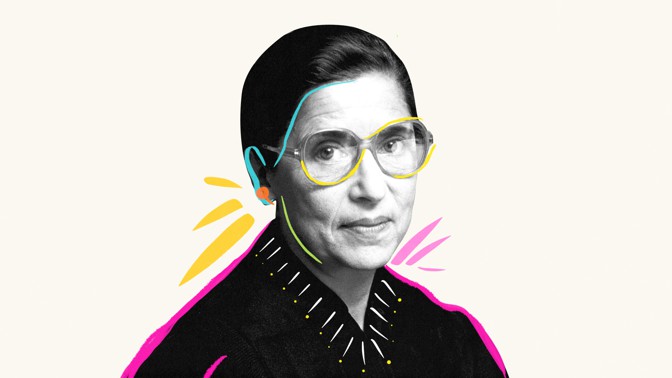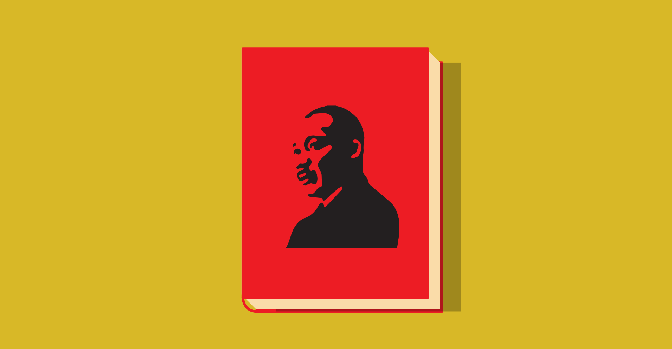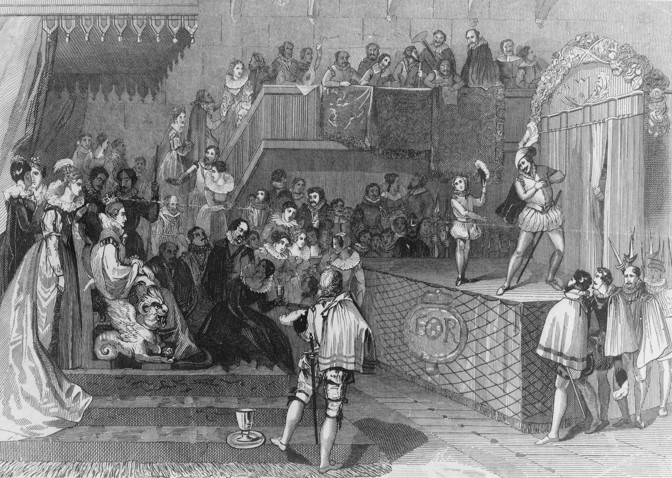The Books Briefing: Presidential Biographies—And Presidential Mythologies
The critic Carlos Lozada read some 150 books about the Trump era before writing his book What Were We Thinking. In those volumes, he found a regime that was appalling in its lunacy and that would leave a long-lasting carnage.As Trump left office and Biden was sworn in this week, I found myself thinking about other presidential legacies and the books that reflect on them. Some, written years after a leader’s time in office, make the case for vindicating a complicated figure.


